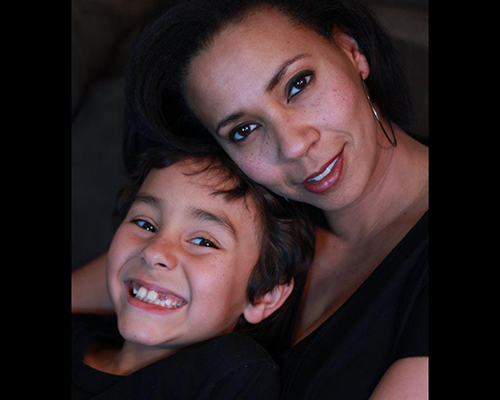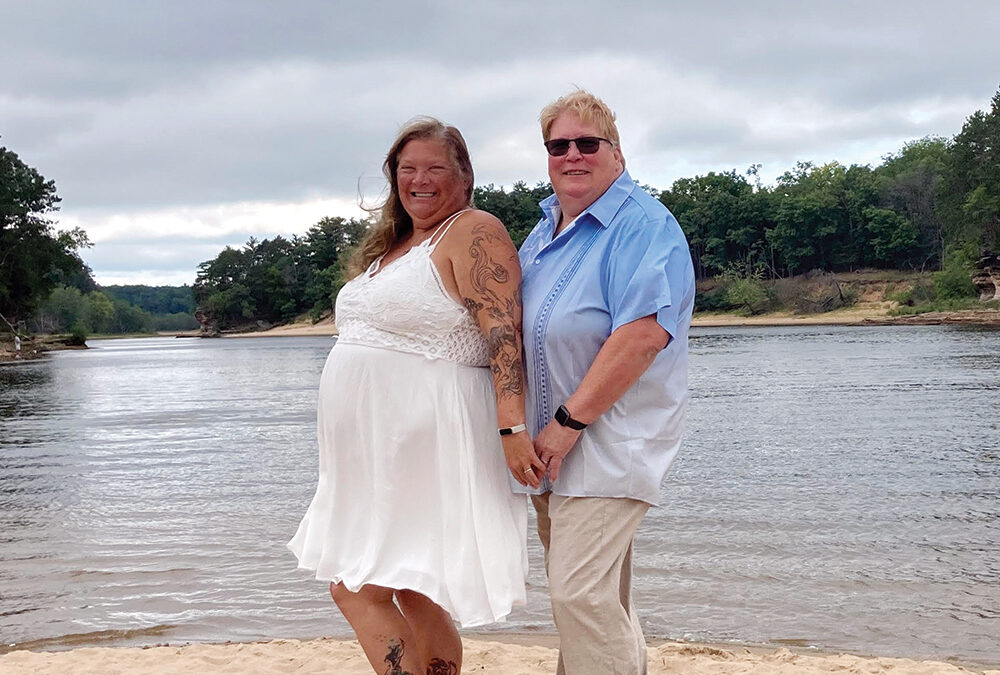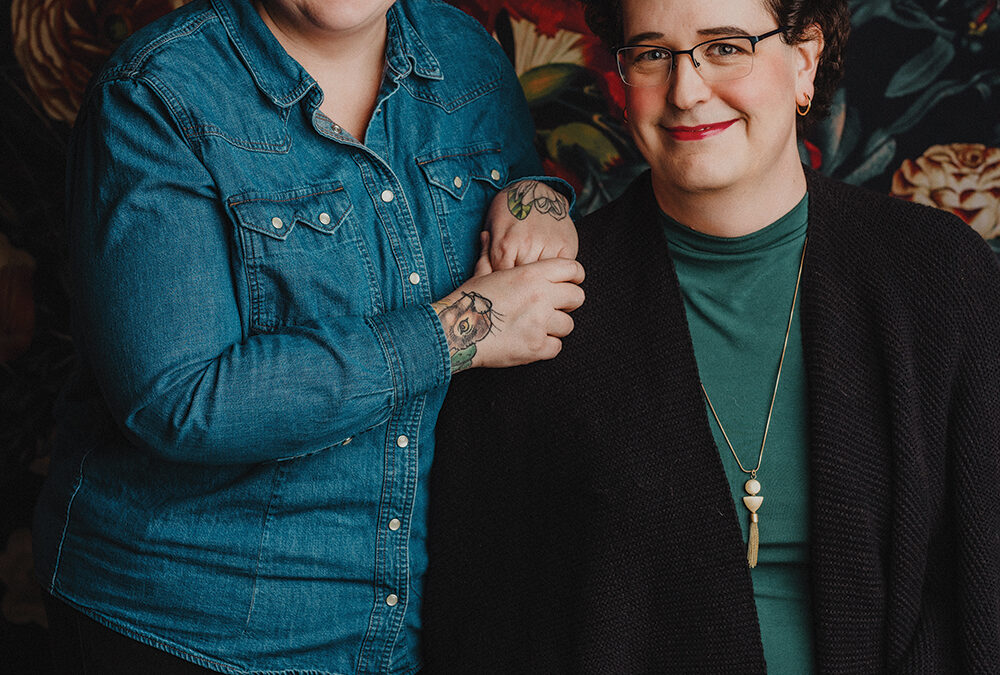I remember like it was yesterday: the day my son was diagnosed with autism. He was two and a half, and all I knew about autism was what was shown on television. I felt wholly unprepared for the challenges that lay ahead of me.
When you have a child who has special needs, there is so much to learn to help them be successful. My son and I, over the next few years, had to meet each challenge head-on with the help of his therapists. One of the many things we’ve had to navigate is the public school system. I had no idea what to expect. He was my first child, and I was still learning basic things like how to ensure that he kept himself and the others around him safe. While I am only four years into the public school system with my son, there are a few things I have learned that may make the transition into the system easier for others.
Parents:
Make sure the school in your district is the appropriate school for your child. Talk to friends or special-needs support groups who have children in the school your child is slated to attend. Are their children successful? Do they feel that the team working with their child is giving them what is needed? Ask about basic accessibility issues. Tour the school in advance. If you are not getting the responses that are in the best interest of your child, talk to the district about open enrollment for a school that will work well for your child. Remember, you know what is best for your kid. Work to get the environment that will best meet his or her needs.
Meet with the special-education team that will be working with your child prior to your child entering the school. Talk with them about what needs your child has and what is available, and make sure that everything you talk about is included on the IEP.
The IEP? IEP is short for Individualized Education Plan. It’s a plan that you create with the special-education team to determine what goals need to be worked on in order to have your child receive the best education possible. This document will follow your child from year to year throughout his or her time working with the special-education team. It can be intimidating. You don’t know the best steps for your child because you’re not an educator, but you do know your kid. Be an active part of determining what goes on your child’s plan. Ask questions. Ask too many questions. Add in things that are small. Make sure things are in there that are big.
Then when school starts, follow up with your child’s teacher regularly. My son’s kindergarten year was pretty disastrous. I spent a lot of time defending my kid, and he spent a lot of time not learning. The solution was moving him mid-year to a different classroom. It was the right move for him. He quickly got back on track, but it took a lot of time and effort on everyone’s part to get it right.
As a single mother, I have been pretty lucky in that I have a job that allows me time during the day to meet and deal with issues. I have been lucky in that his educators are willing to work with me and him to make school the best possible experience for him. I believe we achieved good results because I and a special teacher of my son’s went to bat for him a lot. I had to remember that sometimes the educators were wrong, and I had to step in to make sure the right decisions were being made for my kid. That’s a tough thing to do. But never forget you are there for the best interest of your child, and you know your child better than anyone else. Don’t abandon those instincts. Keep working to understand what’s being offered and then make sure the outcome is what’s best for your child.
Educators:
First and foremost, I tip my hat to you. You do and accomplish things I never could. You know more about education than I ever could. You are the expert and I acknowledge that. I would also like to offer you some tips for talking with us parents—things that, in my experience, have been very beneficial.
We are all there for generally the same purpose. The biggest difference is that it’s my kid we are sitting there talking about, and I am scared: Scared that I won’t know the right things to say. Scared that I’m not making the right choices. Scared that I don’t know what is coming next for my kid. Scared that the first time my kid does something wrong, he will be labeled and treated badly. Scared that my kid will be different and not have any friends because of it. Scared that I can’t teach my kid, so what happens if you can’t either? Help allay those fears. If we know that you are on our kid’s side too, it really helps the communication process.
Speaking of communicating, while I may be of a different race, nationality, speaking ability, or education level than you, it does not mean that I don’t have anything to contribute to the conversation. Let the parent tell you what has worked for their kid. Yes, speak in terminology that I understand, but don’t treat me like a child in that process. Most importantly, don’t argue with the parent about the child’s motivation. I have raised that child from the moment he was born. I know him better than he knows himself at this point in his life. Give me the benefit of the doubt. Setting up an adversarial relationship with the parent can only work against the child. Understand where that parent is coming from and have empathy for his or her situation. It is hard work raising a child with special needs, and most of the time we are grasping for any straws we can find to make the world a better place for that little one.
It took a year and a very good teacher for my child to successfully navigate the first and second grades. We now have to start all over again with third grade in a new school. Even though I have been through this before and know all the right questions to ask, I am still scared. At the beginning of this year, I had to write a letter to the incoming teachers to detail all of the needs and aides that my son needed to be successful. After his father read the email, he told me that he cried. It was a huge reminder of all the challenges our son had to face and all the help he needs. I don’t know what tomorrow will bring us. I can’t look down the road and guarantee an idyllic future for my kid. But I do know my child wants to grow up to be an astrophysicist. My job is to make sure that he has that chance.
Dana Pellebon is a bisexual single mother who has lived in the Madison area for 20 years. Her son Cobain is a third-grader in the Madison school district and has had the best teachers they could ever hope for.























0 Comments